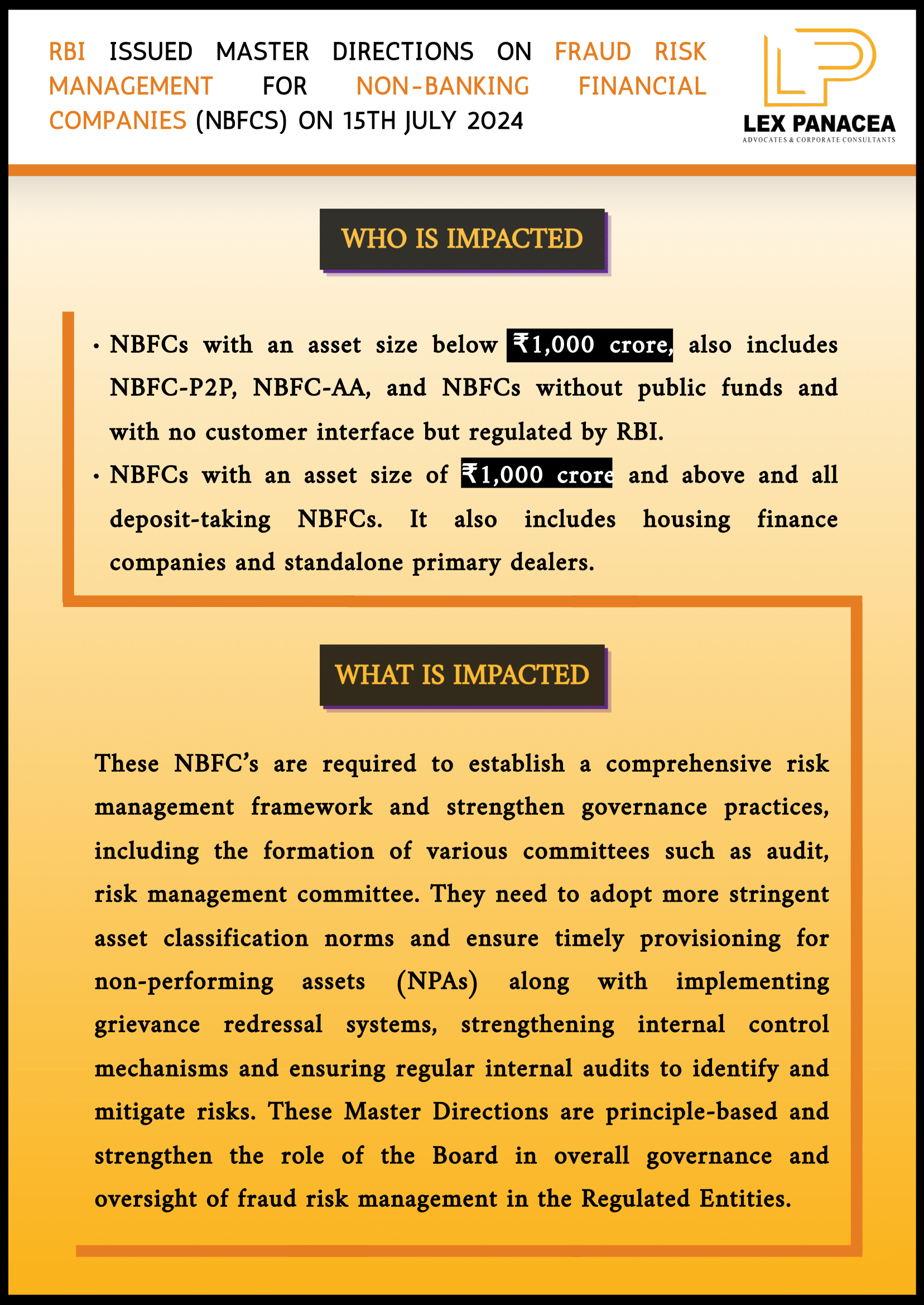- Home
- About Us
- Expertise
- Why Choose Us
- Practice Areas
- Banking & Finance
- Capital Markets
- Competition & Antitrust
- Investigation/White Collar Crimes
- Corporate M&A
- Data Privacy & Protection
- Dispute Resolution
- Employment Labour & Benefits
- Financial Services
- Funds
- Private Client Practise:
- Intellectual Property
- Private Equity & Venture Capital
- Regulatory & Securities
- Restructuring & Insolvency
- Startups & Emerging Companies
- Taxation
- Resources
- Contact Us
- Our Video Colabs











Recent Comments